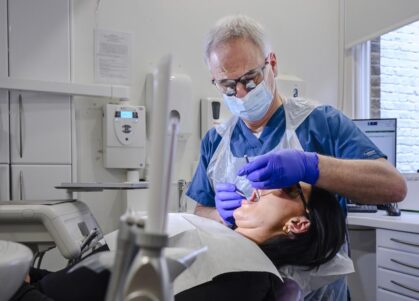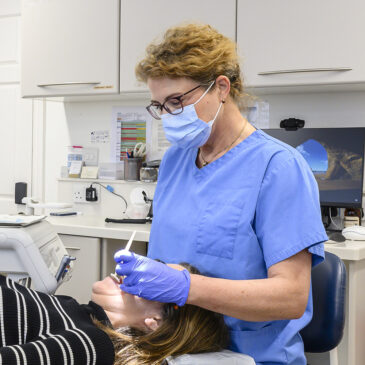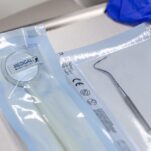Accurate Diagnosis
Salivary stones (sialoliths) blocking salivary glands are the most prevalent issue. They are a build up of crystallized saliva deposits, which create swelling and/or infection until cleared.
Viral infections such as mumps, or flu can cause salivary gland swelling. So can the Epstein-Barr virus (EBV) or cytomegalovirus (CMV), or a range of autoimmune diseases, such as Sjögren’s syndrome.
Cysts are quite common, or growths including pleomorphic adenomas, or Warthin’s tumor. Bacterial infection can both cause and be caused by salivary gland issues.
A number of problems can interfere with salivary gland function, or block the essential ducts. Requiring a combination of symptom analysis, scans, testing and in depth understanding, to arrive at an accurate diagnosis for each patient.
This is why we ensure you see an experienced maxillofacial consultant. They can often recognise subtle symptom differences to help identify a specific cause and have the knowledge to work through a full range of causes.
They will also discuss your medical history and condition with you, how you feel and lifestyle elements. Dehydration, or dietary choices can have an influence on salivary glands and on dealing with bacterial infection.
Treatment Options
Treatment naturally depends on individual diagnosis. An unusual, serious issue such as salivary gland cancer could require immediate surgery and radiotherapy, a simple infection, no more than a course of antibiotics.
Patients are however often referred to our London clinic for specialist salivary gland surgery, after likely causes are known. Reasonable to say that in a number of those cases, surgical intervention will prove to be the solution.
For salivary gland stones, or similar blockages, breaking them down, or manual removal will be needed, of the stones, possibly individual glands. Surgery is again probable to remove cysts, or a range of growths.
Whilst non surgical answers can apply, our wish is to provide a long term cure for patients, avoid recurrence and see a return to normal life.
Surgery is not too onerous, a local anaesthetic and half day surgery in a fair share of cases, or general anaesthetic and a night’s stay for others.
Care At Our London Clinic
You are welcome to see more on how salivary glands work and interact. A complete understanding of your condition and wishes are our starting point for treatment. This is discussed with you and always fully explained.
As with diagnosis, should you require surgery, this will be carried out by a leading maxillofacial consultant. Either in our day surgery facility, or at high quality London private hospitals, where we have arrangements in place.
Our staff understand the issues salivary gland problems can bring and wish to help. By all means get in touch to discuss the personal support we offer.


